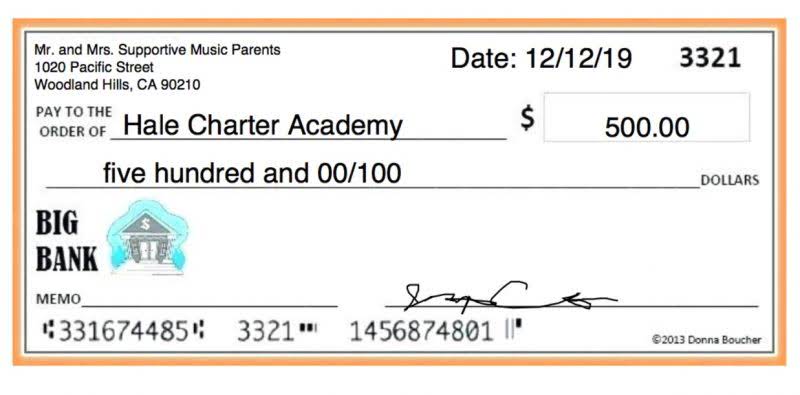
It requires an understanding of unique accounting principles and regulations specific to the industry. Invest in specialized construction accounting software to streamline processes, automate payroll, improve accuracy, and save time. These tools often include features for job costing, financial statements, progress billing, and WIP reporting. Construction accounting can be a complex and challenging task for independent Bookstime contractors and construction businesses of all sizes. With unique project-based structures, long-term contracts, and fluctuating costs, the financial management of construction projects requires specialized knowledge and practices.

Accurate Job Costing
You may not be able to automate all of your bookkeeping, but there are parts of it that will make it much easier to do. Even if you hire a professional firm, having an automated system that collects and stores the information will make it easier for them to perform your bookkeeping tasks. Plus, automation eliminates the risk of human error when tracking expenses and revenue and makes it easier for you to share your information. All businesses need to have strong bookkeeping systems in place, but bookkeeping for construction companies is different from other businesses. In these cases, there’s a risk that you won’t collect the full payment, so it’s wise to wait until you actually receive Certified Public Accountant the payment to recognize it as income.

Efforts-Expended Method
As construction projects grow in complexity, professional bookkeeping ensures that financial systems remain scalable and adaptable to new challenges. Investing in construction bookkeeping service is a wise choice that not only keeps your finances in check but also empowers you to make data-driven decisions for long-term success. Construction Bookkeeping Services are essential for streamlining financial management in the construction industry.
Essential Bookkeeping Strategies for Contractors and Construction Companies
These services help allocate expenses like labor, materials, and equipment to specific projects. Without proper job costing, businesses risk underestimating expenses and losing control of their finances. Cash flow can make or break a construction business, and the percentage of completion method helps stabilize it by recognizing revenue in proportion to the work completed. Unlike the completed contract method, where revenue is delayed until project completion, this approach allows contractors to invoice for progress, keeping funds flowing consistently.

How to Be a Great Remote Manager: Top Strategies and Tips
Using Hubstaff’s time tracking app for construction businesses, you can automatically generate time cards for your workers. This ensures payroll receives accurate data for the time workers spend on-site, as well as time spent traveling. Therefore, it is essential for construction companies to keep accurate records of all financial transactions and to file their taxes on time.

How to Calculate the Percentage of Completion Method
With proper bookkeeping (i.e., tracking and recording all payments and costs), firms will have a deeper and more informed understanding of their financial situation, allowing them to act accordingly. In summary, financial reporting and analysis are critical for construction companies to understand their financial position and make informed decisions. By creating accurate financial statements, managing cash flow effectively, and budgeting and forecasting, construction companies can achieve financial success and grow their business. A well-designed chart of accounts can help construction companies track expenses and revenue more accurately, which is essential for effective job costing.
- Despite these differences, construction accounting still adheres to general accounting principles and requires accurate record-keeping, financial statements, and tax compliance.
- However, with the right knowledge, systems, and tools, it’s manageable for businesses of all sizes.
- Mixing personal and business finances can lead to tax complications and inaccurate financial reporting.
- Many construction companies use a “completion percentage” approach, meaning they calculate estimated taxes based on quarterly income and expense reports.
- When it comes to the construction industry, accounting is one of the most important aspects of a successful business.
- Professional Construction Bookkeeping Services ensure that every expense is accurately allocated to its respective project.
To do bookkeeping for a construction company, track job costs, record all project-related expenses, and separate business and personal finances. Use construction-specific accounting software to manage invoicing, payroll, and taxes. Regularly update financial reports to monitor cash flow, job profitability, and project expenses, ensuring compliance with tax bookkeeping for construction companies laws. To account for construction expenses, categorize costs into labor, materials, subcontractors, and overhead. Ensure that all invoices, receipts, and payments are recorded, and update financial reports regularly to assess profitability and manage cash flow accurately. Managing finances effectively is crucial for general contractors to ensure business success and long-term stability.
What Makes Construction Accounting Different?

Construction bookkeeping is unique because of the nature of the business, so it’s even more important to hone your bookkeeping skills and use the best tools available, to make sure it’s done right. There is a lot of construction software out there for today’s construction firms to choose from. Ideally, a construction software that automates some – or all – of your bookkeeping would make running your business a lot easier. Nothing would be worse than losing years of data to a computer crash or natural disaster. It’s smart to have duplicates of all your records in case something like this happens.
Generate Regular Financial Reports
These insights enable project managers to adjust timelines, resources, or budgets, ensuring projects stay on track and within financial limits. Bookkeepers ensure that invoices are issued at the right time, typically at key milestones, and track progress billing. This helps maintain a steady cash flow throughout the project, ensuring that subcontractors and suppliers are paid promptly and that the project does not face delays due to cash shortages.

